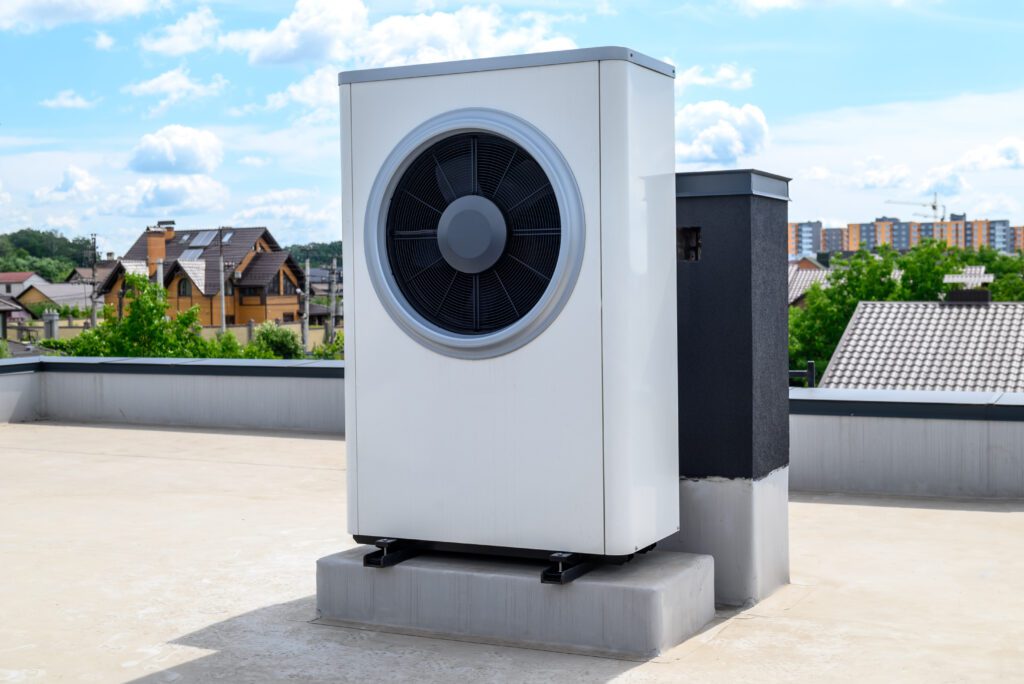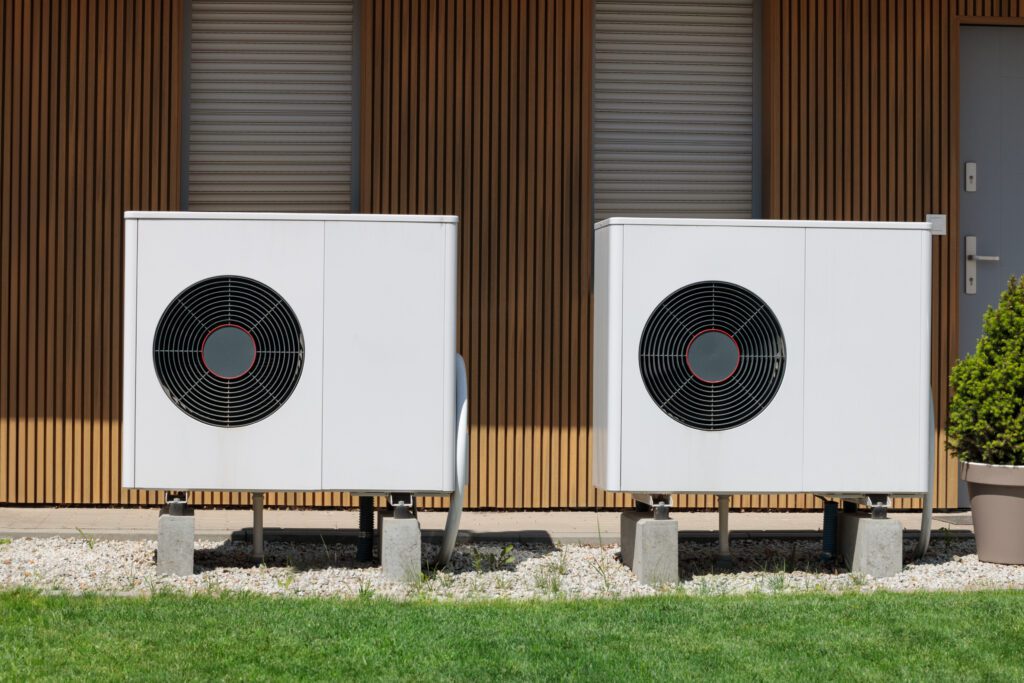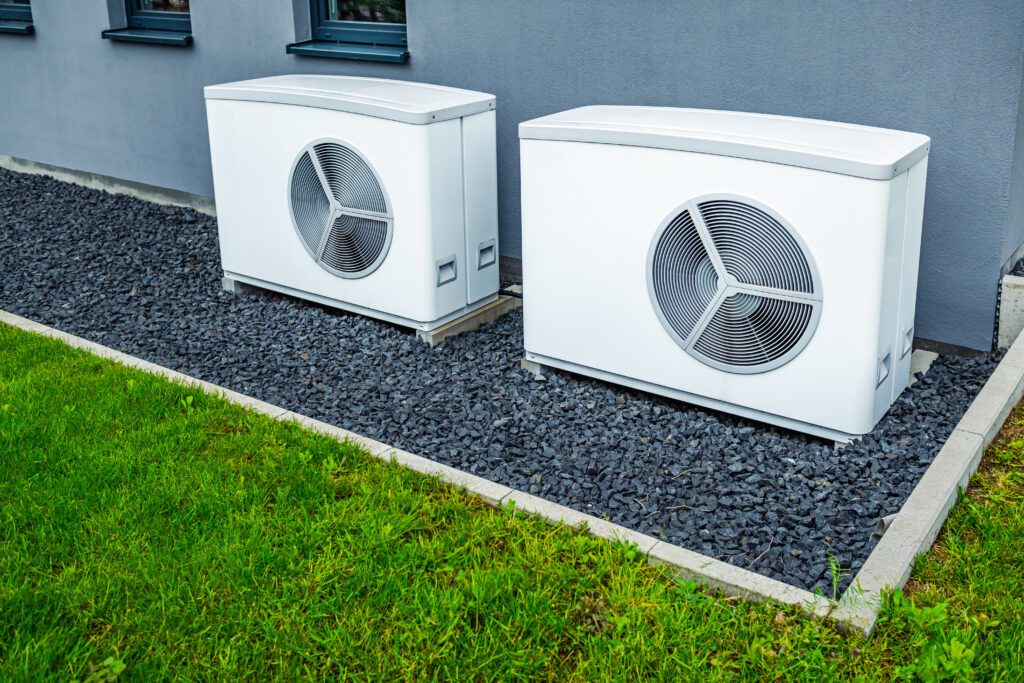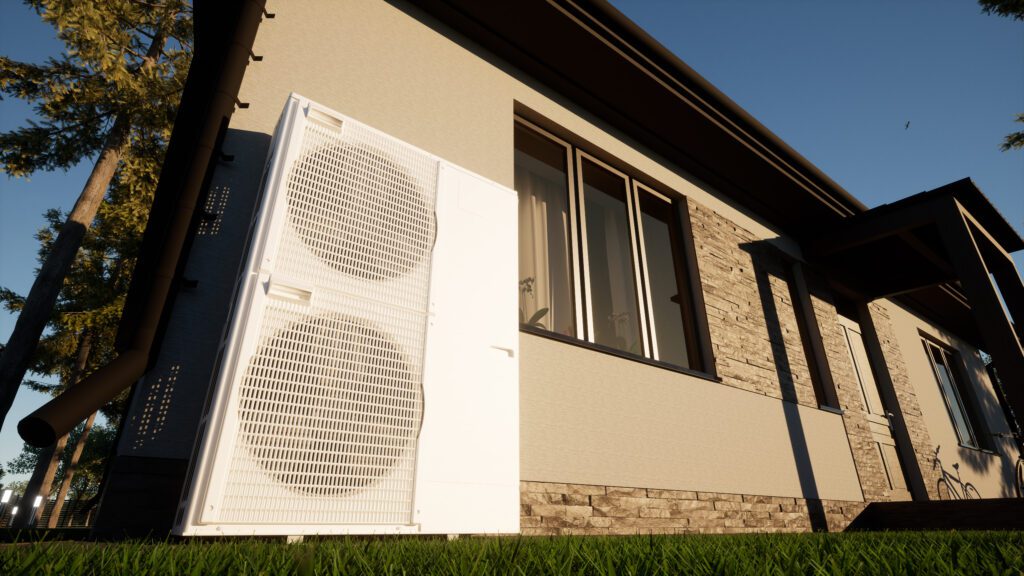If you own a heat pump, it’s important to keep an eye out for signs that indicate it may be time to replace it. Heat pumps typically have a lifespan of around 15 to 20 years, but this can vary depending on several factors. In this article, we will explore the average lifespan of a heat pump, the factors that affect its longevity, and the signs that it may be time to consider a replacement.
Understanding the Lifespan of a Heat Pump

Heat pumps are a long-term investment for your home’s heating and cooling system. On average, a well-maintained and properly installed heat pump can last anywhere between 15 to 20 years. However, it’s important to note that this lifespan can be influenced by several factors.
Average Lifespan of a Heat Pump
The average lifespan of a heat pump is influenced by factors such as the quality of the unit, regular maintenance, and usage patterns. Higher quality heat pumps tend to have a longer lifespan compared to lower quality units. Regular maintenance, such as annual inspections and filter replacements, can also help extend the lifespan of your heat pump. Additionally, how frequently and intensively the heat pump is used can impact its longevity.
Factors That Affect Heat Pump Longevity
There are several factors that can affect the lifespan of a heat pump. One important factor is the climate in which the unit operates. Extreme temperature fluctuations, especially in colder regions, can put more stress on the heat pump and shorten its lifespan. The quality of installation is another significant factor. Poor installation can lead to improper operation and unnecessary strain on the unit, decreasing its lifespan.
Furthermore, regular maintenance plays a crucial role in prolonging the life of your heat pump. Neglecting regular maintenance tasks such as cleaning the coils, checking refrigerant levels, and replacing air filters can result in decreased efficiency and a shorter lifespan for your heat pump.
The Importance of Proper Installation
Proper installation is paramount when it comes to maximizing the lifespan of your heat pump. A poorly installed heat pump can lead to a host of issues that can significantly reduce its longevity. For example, if the unit is not properly sized for your home, it may have to work harder to heat or cool your space, putting unnecessary strain on the system. This can lead to premature wear and tear, ultimately shortening the lifespan of the heat pump.
In addition, improper installation can result in air leaks, inadequate airflow, or improper refrigerant levels, all of which can negatively impact the performance and efficiency of your heat pump. These issues not only decrease the lifespan of the unit but also lead to higher energy bills and reduced comfort in your home.
The Role of Regular Maintenance
Regular maintenance is essential for ensuring the longevity of your heat pump. By scheduling annual inspections and tune-ups with a qualified HVAC technician, you can catch any potential issues early on and prevent them from causing significant damage to your heat pump. During these maintenance visits, the technician will clean the coils, check refrigerant levels, lubricate moving parts, and perform any necessary repairs or adjustments.
Additionally, it is crucial to regularly replace air filters in your heat pump. Clogged or dirty filters restrict airflow, forcing the unit to work harder to achieve the desired temperature. This not only reduces the efficiency of the heat pump but also increases the risk of mechanical problems and decreases its lifespan.
By investing in regular maintenance and addressing any issues promptly, you can ensure that your heat pump operates optimally and lasts for its intended lifespan. Remember, a well-maintained heat pump not only provides reliable heating and cooling but also helps you save on energy costs and reduces your carbon footprint.
Recognizing Performance Issues

One of the clearest signs that your heat pump may need to be replaced is a decline in its performance. Several performance issues can indicate that your heat pump is nearing the end of its lifespan.
It’s essential to pay attention to the performance of your heat pump to ensure the comfort and efficiency of your home. Recognizing the signs of a struggling heat pump early on can help you avoid unexpected breakdowns and costly repairs down the line.
Decreased Heating or Cooling Efficiency
If you notice that your heat pump is struggling to heat or cool your home efficiently, it may be a sign that it’s time for a replacement. As heat pumps age, their efficiency tends to decrease. You may find that your heat pump takes longer to reach the desired temperature or that it no longer maintains a consistent temperature throughout your home.
Furthermore, decreased heating or cooling efficiency can not only impact your comfort but also lead to higher energy bills. An inefficient heat pump has to work harder to achieve the desired temperature, resulting in increased energy consumption and decreased cost-effectiveness.
Frequent Cycling On and Off
If your heat pump is constantly cycling on and off, it may be a sign of a worn-out compressor or other internal components. Cycling on and off more frequently than usual can also lead to increased energy consumption, higher utility bills, and an uncomfortable indoor environment.
Additionally, the constant cycling of your heat pump can put unnecessary strain on its components, potentially shortening its lifespan. Regular maintenance and timely replacement can help prevent these issues and ensure the longevity of your heating and cooling system.
Evaluating Energy Bills
Monitoring your energy bills can provide valuable insight into the performance of your heat pump and whether it’s time for a replacement.
Understanding the nuances of your energy bills involves more than just looking at the total amount due. By delving deeper into the itemized charges and consumption patterns, you can uncover hidden inefficiencies or potential issues with your heating and cooling system.
Sudden Increase in Energy Costs
If your energy bills have suddenly spiked without any significant changes in your household’s energy usage, it may be a sign that your heat pump is becoming less efficient. As heat pumps age, they often require more energy to achieve the same level of heating or cooling, resulting in increased energy costs.
Factors such as dust accumulation on the coils, refrigerant leaks, or worn-out components can all contribute to decreased efficiency in your heat pump. Regular maintenance and timely repairs can help mitigate these issues and prolong the lifespan of your system.
Comparing Energy Usage Over Time
Another way to assess your heat pump’s efficiency is to compare your current energy usage with past years. If you notice a steady increase in energy consumption despite similar usage patterns, it could indicate that your heat pump is reaching the end of its lifespan. This may be especially evident in comparison to the energy usage of newer, more efficient models.
Keep in mind that external factors such as changes in weather patterns or home occupancy can also influence your energy bills. By maintaining detailed records and conducting regular energy audits, you can better pinpoint the root causes of any discrepancies in your energy consumption.
Noticing Physical Damage

Physical damage to your heat pump can be a clear indication that it’s time for a replacement.
When examining your heat pump for physical damage, it’s essential to pay attention to various aspects beyond just the exterior appearance. Look for any signs of wear and tear on the components, such as rust, cracks, or dents. These issues can not only affect the efficiency of the heat pump but also pose safety risks if left unaddressed.
Leaks and Moisture Issues
If you notice leaks or moisture buildup around your heat pump, it could be a sign of a refrigerant leak or a malfunctioning component. Refrigerant leaks not only impact the performance of your heat pump but can also be harmful to the environment. Moisture issues can lead to corrosion and further damage to the unit, reducing its lifespan.
Additionally, it’s crucial to inspect the surrounding area for any water damage or mold growth, as these can be indicators of a more significant underlying issue with the heat pump. Addressing leaks and moisture problems promptly can help prevent costly repairs or replacements in the future.
Unusual Noises from the Heat Pump
If your heat pump is making unusual noises such as grinding, squealing, or banging sounds, it could indicate a mechanical problem. These noises may be a sign that certain components are wearing out or that the heat pump is no longer operating as efficiently as it should. In such cases, it’s advisable to consult with a professional technician to assess the extent of the issue and determine if a replacement is necessary.
Ignoring unusual noises from your heat pump can lead to further damage and potentially result in a complete breakdown of the system. Regular maintenance and timely repairs can help extend the lifespan of your heat pump and ensure it operates at peak performance levels.
Considering the Frequency of Repairs

A heat pump that requires frequent repairs can be an indication that it’s nearing the end of its lifespan. However, there are several other factors to consider when evaluating the need for a replacement.
One important aspect to keep in mind is the cost of repairs versus the cost of replacement. As heat pumps age, the frequency and cost of repairs tend to increase. If you find yourself constantly investing in repairs and the cost is becoming comparable to or even exceeding the cost of a replacement, it may be more cost-effective to replace your heat pump altogether. Additionally, a new heat pump would ensure improved energy efficiency and reduced maintenance requirements.
But it’s not just about the financial aspect. Downtime due to repairs can also be a significant inconvenience. Frequent breakdowns and lengthy repair timelines can leave you without heating or cooling in your home for extended periods. Imagine enduring scorching summer heat or freezing winter temperatures without a functioning system. It’s not a pleasant thought, is it? If your heat pump regularly requires repairs that leave you in such a predicament, it may be time to consider replacing it to avoid further inconvenience.
Energy Efficiency and Reduced Maintenance
When it comes to heat pumps, energy efficiency is a crucial factor to consider. Older heat pumps tend to be less efficient, which means they consume more energy to provide the same level of heating or cooling. This not only impacts your utility bills but also contributes to environmental pollution. By replacing your heat pump with a newer model, you can take advantage of the latest technological advancements that offer improved energy efficiency. Not only will this help you save on your energy bills, but it will also reduce your carbon footprint.
Furthermore, newer heat pumps often come with reduced maintenance requirements. They are designed to be more reliable and durable, reducing the need for frequent repairs. This means less time and money spent on maintenance, allowing you to enjoy a hassle-free heating and cooling experience.
So, while considering the frequency of repairs is an important factor in determining whether to replace your heat pump, it’s essential to take a holistic approach. Evaluating the cost of repairs versus replacement, the downtime caused by frequent breakdowns, and the potential for improved energy efficiency and reduced maintenance are all crucial aspects to consider. By making an informed decision, you can ensure a comfortable and energy-efficient home for years to come.


